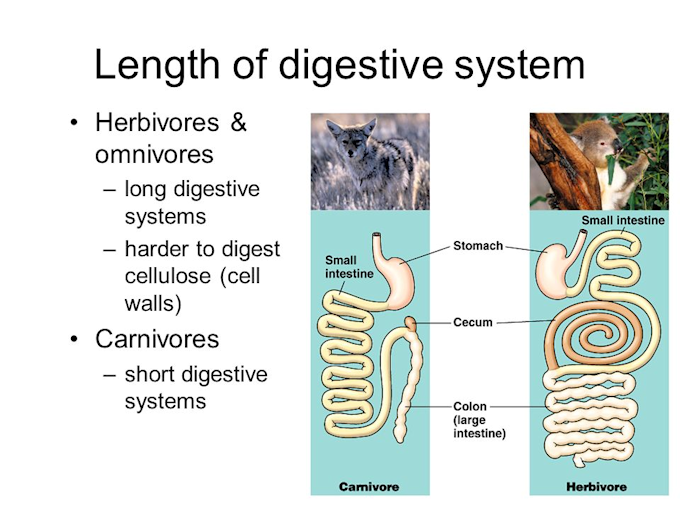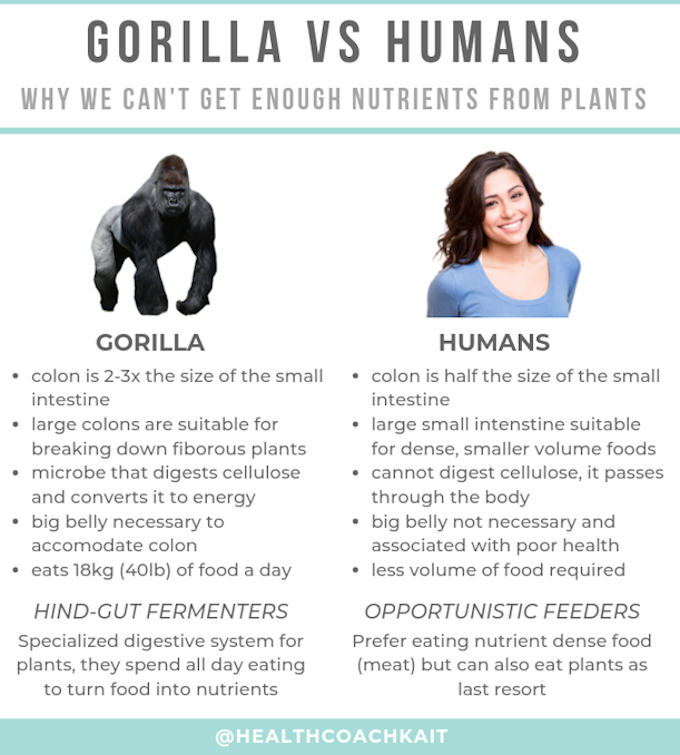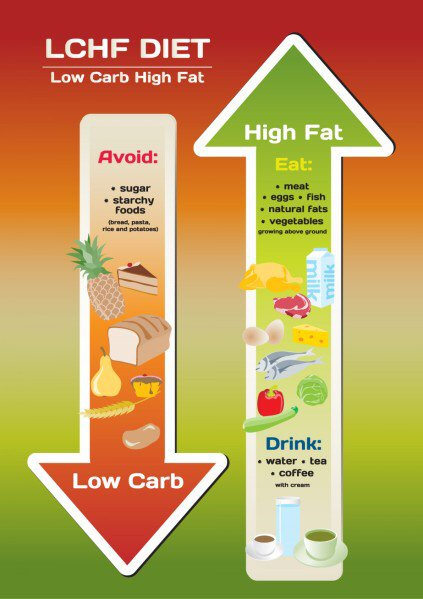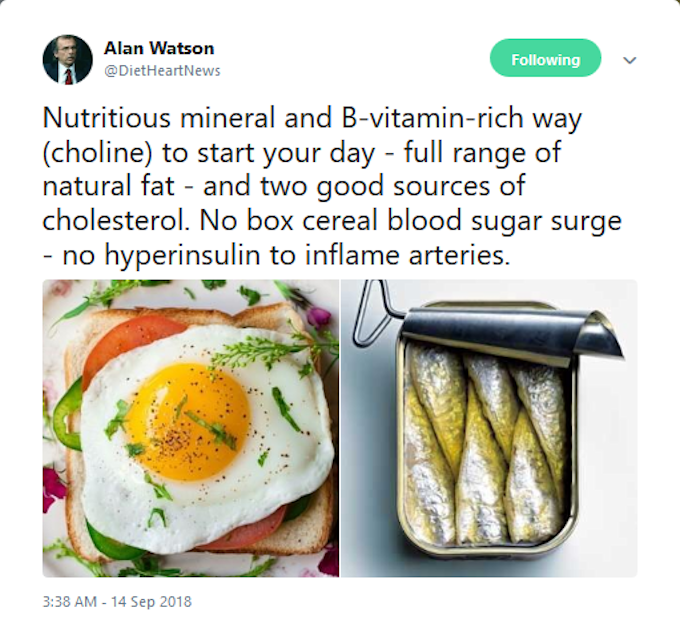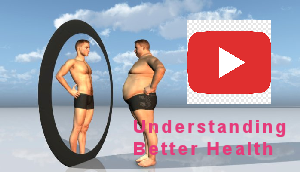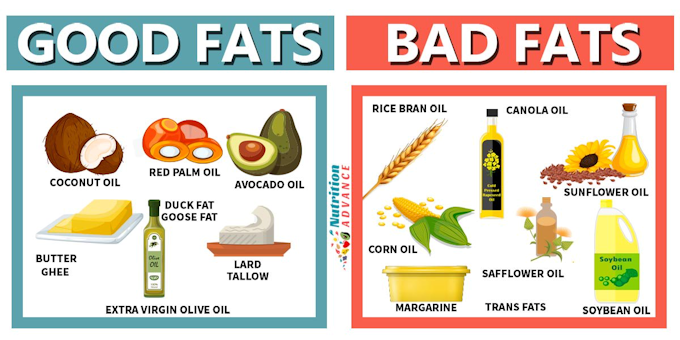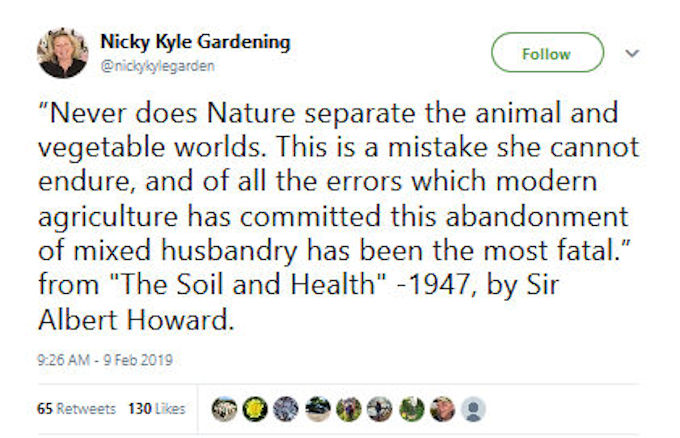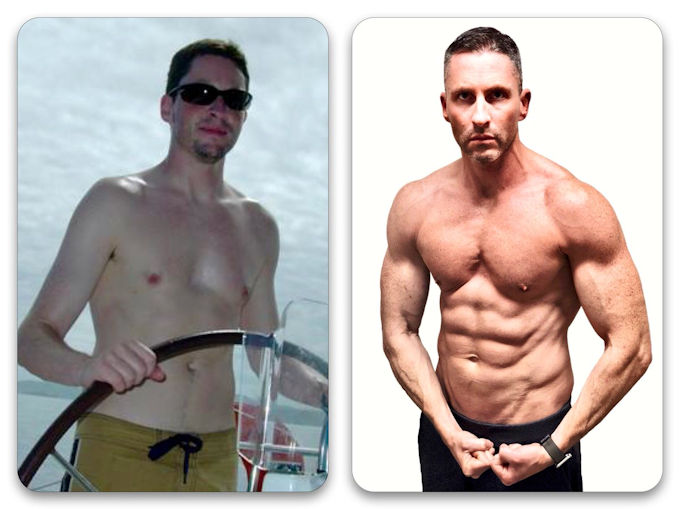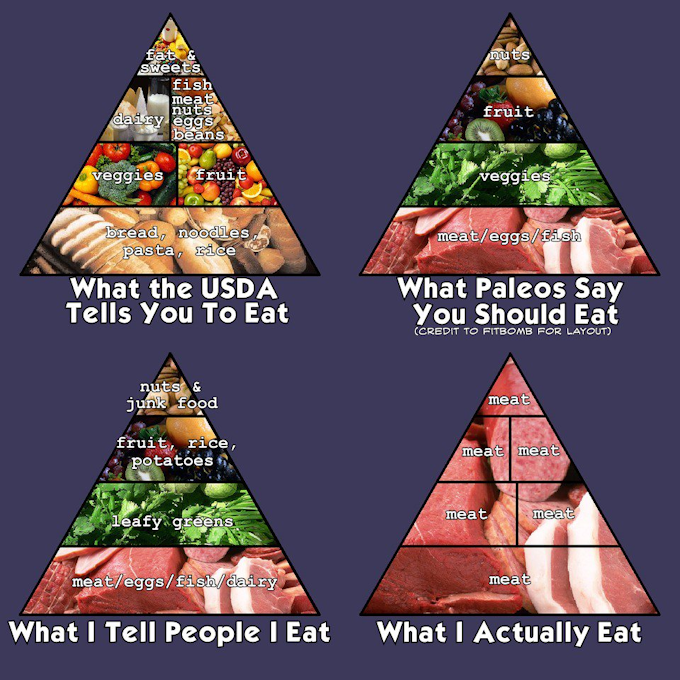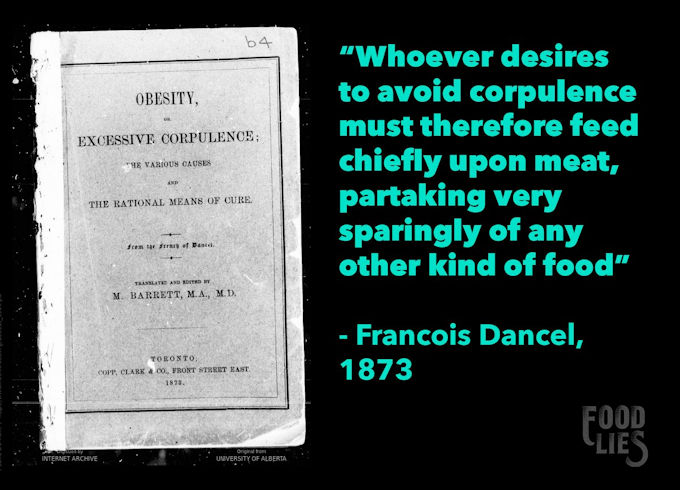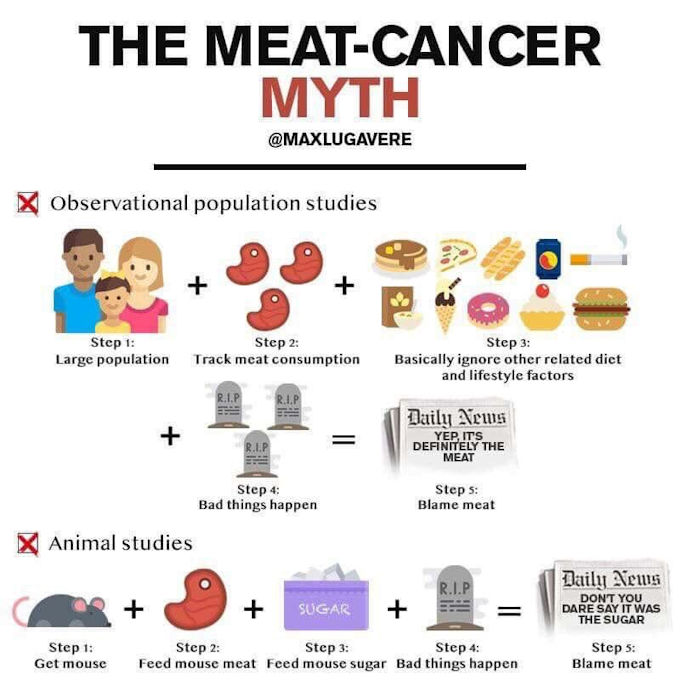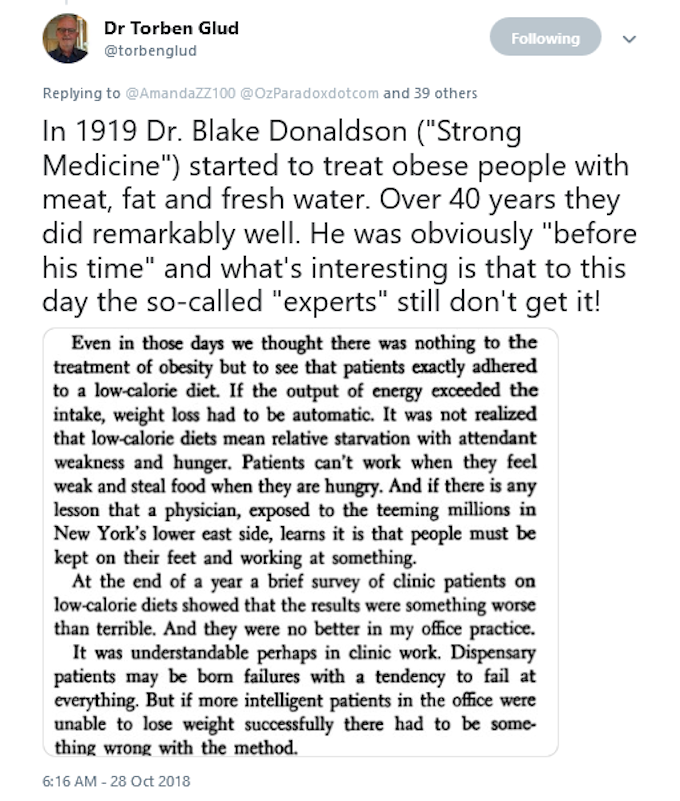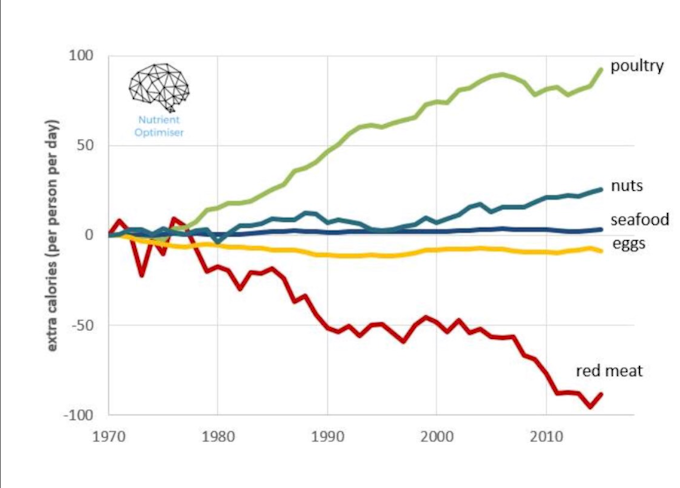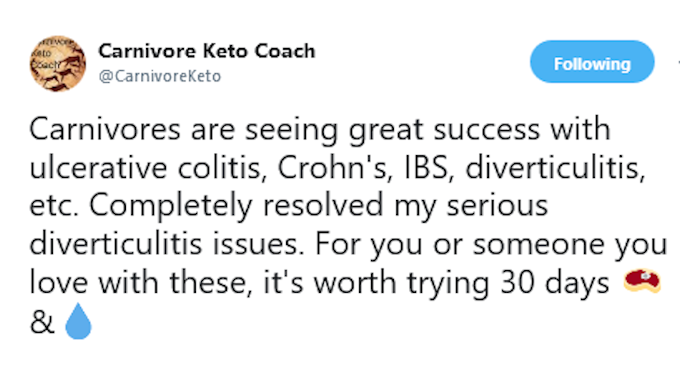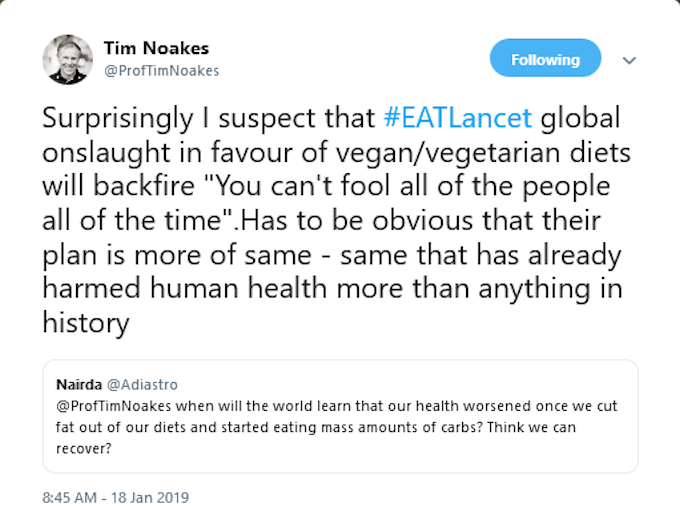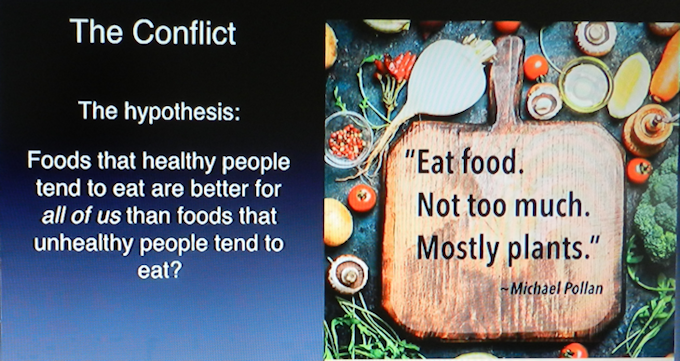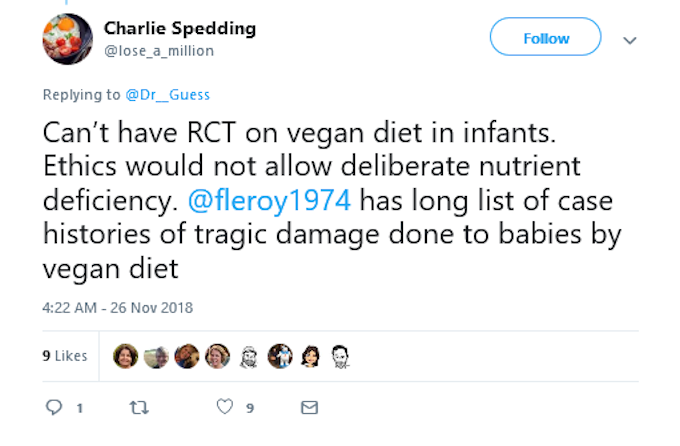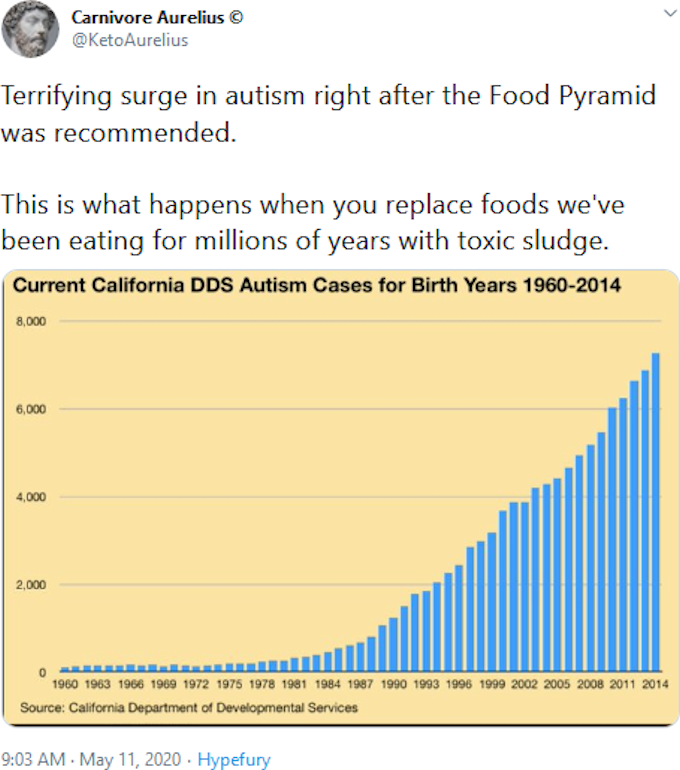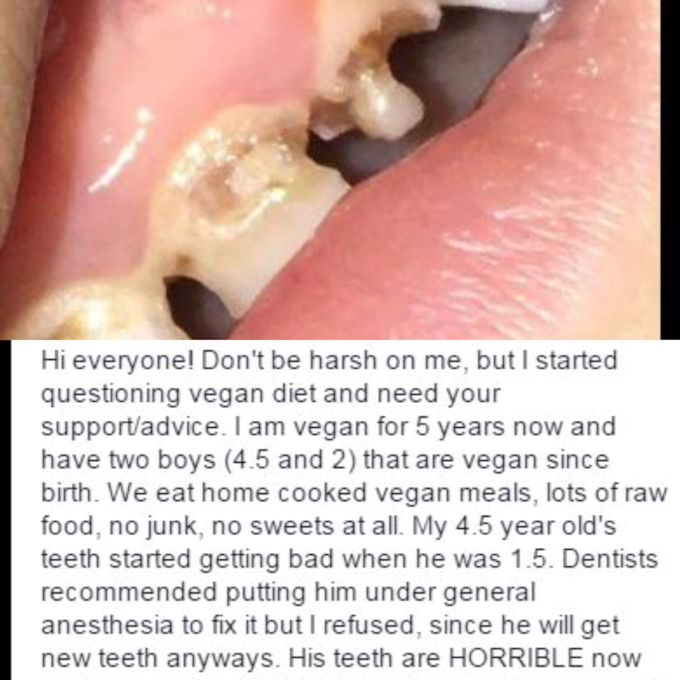What is the Best Dietary Pattern for Humans?
Everybody Knows what a Healthy Diet is?
Except they usually don't. There is confusing scientific evidence.
It's not possible to conduct rigorous long term, randomly controlled, double blinded studies on human diet, that would count as reliable evidence from a scientific point of view.
The best evidence may come from very old studies from cultures not like our own. Easy to ignore, cultural bias and to be honest, prejudice, allows us to think; "That's not about me," but in making that mistake we create a huge peril for ourselves. The evidence we need, and can never re-create in modern times, is sitting right there, if you choose to look.
What we choose to eat and to feed our children, tells us who we are, and creates the cultural foundation for our society. So it's easy to say that studies from other cultures are "not about us." These old studies all tell a similar story, that sadly most modern people know nothing about, or choose to ignore.
In 1879  Lt. Frederick Schwatka (US Army surgeon), wrote about the Inuit diet, and how strong and healthy the Inuit were. On the Frankin Expedition for 11 months, "They ate only the animals they slaughtered."
Lt. Frederick Schwatka (US Army surgeon), wrote about the Inuit diet, and how strong and healthy the Inuit were. On the Frankin Expedition for 11 months, "They ate only the animals they slaughtered."  Dr Aleš Hrdlicka, was a world-renowned Czech/USA anthropologist and physician, who studied native Americans between 1898 and 1905. Hrdlicka said that Native Americans were exceptionally tall and strong on a diet that was mostly buffalo meat. From 1905 to 1918
Dr Aleš Hrdlicka, was a world-renowned Czech/USA anthropologist and physician, who studied native Americans between 1898 and 1905. Hrdlicka said that Native Americans were exceptionally tall and strong on a diet that was mostly buffalo meat. From 1905 to 1918  Vilhjalmur Stefansson on various Arctic expeditions spent more than 9 years living entirely on Intuit diets. The work of
Vilhjalmur Stefansson on various Arctic expeditions spent more than 9 years living entirely on Intuit diets. The work of  Sir Robert McCarrison in India, comparing the diet of railway workers in Northern India, with Southern India. McCarrison said that many diseases were caused by the diets people ate. The quality of the food is important, and that white flour is a deficient food source. The Indian people in North India were more healthy than people in South India because they ate more meat. But he insisted that we need to feed our farmed animals on the best quality food available, for their best health.
Sir Robert McCarrison in India, comparing the diet of railway workers in Northern India, with Southern India. McCarrison said that many diseases were caused by the diets people ate. The quality of the food is important, and that white flour is a deficient food source. The Indian people in North India were more healthy than people in South India because they ate more meat. But he insisted that we need to feed our farmed animals on the best quality food available, for their best health.  Weston A. Price was a dentist, who travelled the world looking for healthy peoples and could find no healthy vegetarian cultures.
Weston A. Price was a dentist, who travelled the world looking for healthy peoples and could find no healthy vegetarian cultures.  Dr George Mann worked in Africa in the 1960's. He found that the Massai diet of meat, milk and blood, was very healthy. He could find no cancer and no diabetes. The Massai had no heart disease either, but very high cholesterol. He became a very vocal critic of the Standard American Diet, and the diet-heart hypothesis, calling it "the greatest health scam of the century."
Dr George Mann worked in Africa in the 1960's. He found that the Massai diet of meat, milk and blood, was very healthy. He could find no cancer and no diabetes. The Massai had no heart disease either, but very high cholesterol. He became a very vocal critic of the Standard American Diet, and the diet-heart hypothesis, calling it "the greatest health scam of the century."
More recent studies of foragers like the Tsimane, Arctic Inuit, and Hadza have also found that these peoples traditionally didn't develop high blood pressure, atherosclerosis, or cardiovascular disease. "A lot of people believe there is a discordance between what we eat today and what our ancestors evolved to eat," said paleo anthropologist Peter Ungar of the University of Arkansas.
The Best Human Diet?
With the human diet, it's easier to say what isn't part of good diet, than what is. Humans can eat a very varied diet. Is it true that the most varied diet possible would be the best diet? One of the basic rules in nature is that diversity is protective. Hence the idea of a varied "balanced diet" is widely supported by health professionals and by the general public.
Yet if we look at other mammals, they all seem to eat a specialised diet in the wild. (Pigs confuse me, they seem to eat all sorts, I'm not sure about wild pigs. I've just checked, a pig's gut is at least twice as long as the human gut, and has some ability to hind-gut ferment about 4 times as much as a human.) Other mammals don't need dietary advice to keep healthy. They differ from us in two other ways, they have a much smaller brain compared with the size of the body, and our babies are born fat and helpless. Human babies need to be fed a very high fat diet for the first six months of life. As Professor Noakes has said, human babies need to be weaned onto meat and vegetables, the same Banting diet their parents should be eating.
Large Animal Gut Comparisons
The human digestive system is nothing like the digestive system of a chimpanzee, a gorilla, a cow, or a horse, but very much like that of a dog.
A vegetarian gut is long
A carnivore gut is short
The human gut is short and brain large
Essentially that's what you need to know.
You need to be fed with high quality food. Particularly the best quality protein and fats available. Your tiny gut can't possibly produce enough bacteria to produce enough amino acids to sustain your high demanding brain.
For vegetarians, EPA and DHA and vitamin B12 are compromised. Plant sources are often only bioavailable if consumed with animal fats.
A gorilla is vegetarian, he has to eat a lot of food, and it takes all day. In his enormous gut he grows bacteria that are later digested to provide the amino acids he needs. People eat for a short time, and only once a day on their natural diet.
If you feel bloated, if you fart, if you produce a sticky stool, your diet needs attention.
So how do cows, giraffes, horses and human vegetarians get the essential acids that are only available from animal sources? The answer is from digesting the bacteria from their HUGE gut. The microflora in the gut are critical, to the diet of vegetarians. But the human gut is so small it's not equipped to ferment lots of cellulose, so vegetarians make life exceptionally difficult for themselves. A human vegetarian will get some essential amino acids from digesting bacteria, but this will be minimal and insufficient.
That should give us a clue about the best human diet. Our diet should normally be quite specialised, high in meat content, and high in fat. This is a requirement to support the very large brain we have developed. The fat babies, with large heads, and the composition of human breast milk confirms how important brain development is. Babies are in mild ketosis while they are breast fed. This is the best nutrition for rapid brain growth, but in our ignorance and foolishness, at weaning we commonly feed the child a high carbohydrate diet, and start the process that leads 40 years later to Metabolic Syndrome. We need to get rid of the idea that "baby food" is soft and sweet. We need to stop offering rusks, biscuits, and sweet treats to children as bribes for being good.
We are told to eat a diet of "vegetables, fruits, whole grains, fat-free or low-fat milk and milk products, seafood, lean meats and poultry, eggs, beans and peas (legumes), and nuts and seeds." This recommended diet is low in fat (less than 30%) and high in carbohydrates (more than 55%), and 15-20% protein, and called a "balanced diet". The percentages are measured in calories that nobody understands. We are told that to eat everything in moderation is good practice. We should know from personal experience, that like calories, moderation is also useless measure.
Click to Image to Enlarge
What CAUSES our poor health. C. Everett Koop, Surgeon General, USA. Dr Koop concluded that poor health is caused by our own behaviours, That we buy the things that cause our poor health.
Click to Image to Enlarge
These two arrows indicate a direction of change toward a Banting style diet. Eat less carbohydrate and more fat.
Click to Image to Enlarge
Nutritious Food - Two good sources of essential cholesterol. Sometimes used as a light lunch in our household.
The third Open Future Health video. Click Image to Play
https://youtu.be/LsGjL0K0ciA
There are excellent opportunities for each of us to improve our health. Begin by understanding Metabolic Syndrome. Then look seriously at your diet.
Click to Image to Enlarge
Tallow, lard and butter are good fats. Mono-unsaturated and poly-unsaturated fats or oils are higher in omega 6 and these oils are already excessive in the modern diet.
Click to Image to Enlarge
Animal foods and plant foods together build healthy soils.
High Levels of Insulin - Glucose (Sugar) Spikes
Nutrient dense food is what most of us lack in our diet. The focus on calories is not helpful.
Click to Image to Enlarge
Dr Ted Naiman: Vegetarian at 28 - High Protein at 48
Animals in their natural environment don't get obese, or die of heart failure, or get type II diabetes. They don't need dietary guidelines, they don't count calories, and they don't suffer illnesses like people do, unless they live with people and eat the same foods as people. So our pets, cats and dogs and even horses get type II diabetes, because of the way we feed them.
The 2005 Dietary Guidelines Advisory Committee placed a major emphasis on the selection of nutrient-dense foods, which were defined as "those foods that provide substantial amounts of vitamins and minerals and relatively few calories."
The 2010 guidelines are messy. The objective is to minimise fats, and to maximise micro-nutrients. In practice it's been impossible to use these principles to define what the "best foods" are. The standard dietary guidelines, beginning in the USA, but soon spread worldwide, have created a chronic health crisis everywhere they have been adopted.
What Foods are we Eating? - Animal Foods are Good
New research is showing that grains, and starches along with sugars create Metabolic Syndrome. In addition excess omega 6 oils in the diet are not healthy.
Click to Image to Enlarge
Reducing the amount of carbohydrate first. Then if you still have pain or inflammation problems, maybe reduce the vegetables in your diet too. Dr Shawn Baker, a masters athlete, is eating a carnivore diet.
Generally people don't eat nearly enough protein, and so improving the quality of the protein in the diet should be a priority. OFH believes that really nutritionally dense foods; look for meat with the natural fat and oily fish. other animal foods, cream, cheese, eggs, and organ meats; those probably should head the shopping list.
The US Dietary Guidelines 2015, have recommended that we eat these foods. "Vegetables, fruits, whole grains, fat-free or low-fat milk and milk products, seafood, lean meats and poultry, eggs, beans and peas (legumes), and nuts and seeds that are prepared without added solid fats, added sugars, and sodium."
This low fat diet, has allowed the introduction of "modern foods" mostly made from only five things; wheat, rice, seed oils, soy beans and corn. This food is cheap, but tasteless without additional sugar or salt.
In response compared with 40 years ago people are eating much less butter and lard, fewer eggs, and less red meat. They are also eating more grains and plant based oils. We tried to be healthy but we are sicker than before. Why?
Reduce red meat consumption
Red meat is a desirable food in wealthy societies. As GDP grows in less developed countries, the amount of red meat demanded in the marketplace grows. Animal foods are very nutrient dense, and people know it.
There is a story some people tell that the past human diet was plant based. OFH doesn't think that idea has any credibility. Plant foods, especially beans, grains and fruit, tend to be energy dense and lacking in essential fats and amino acids.
Click to Image to Enlarge
Click to Image to Enlarge
The Myth that "Meat Consumption Causes Cancer" continues to get publicity, but there is no evidence at all. Given that meat was the center-piece of human diet, for several million years, it seems unlikely that eating meat causes chronic disease.
Click to Image to Enlarge
Dr Donaldson practiced a style of medicine that was possible because in his day there was very little regulation of medical practice.
Click to Image to Enlarge
USA - Consumption of Animal Foods
Note that poultry consumption has vastly increased, while red meat declined. This was supposed to improve our health. Our health is declining. Was the advice wrong?
Click to Image to Enlarge
The Carnivore Diet is very specialised, and some people have resolved gut issues that had resisted medication for decades.
Vegetarian Diets are More Healthy?
Click to Image to Enlarge
I made that mistake with my own children. My intentions were good. My knowledge was faulty.
Michael Pollan in his book and television series wrote in favour of vegetarian diets.
Click to Image to Enlarge
It's illegal in many countries to feed a young child on a vegan diet. Clear evidence of child neglect.
Click to Image to Enlarge
This doesn't mean that dietary change causes autism, as Carnivore Aurelius believes, but clearly something happened.
Click to Image to Enlarge
This woman says her two youngest children were vegan from birth.
Major General Sir Robert McCarrison - Early warning about our poor diet.
Sir Robert McCarrison, Dr George Mann, and Dr Weston Price, all noticed early in the 20th Century that human nutrition wasn't just about getting enough calories. If the body lacked the raw materials to build healthy tissues, then human health will decline and preventable health problems will appear.
Research in India
"Major General Sir Robert McCarrison, who died in 1960, is remembered as one of the very first to understand the essential role of proper nutrition in human health. He wrote that ‘the greatest single factor in the acquisition and maintenance of good health is perfectly constituted food" In 1926, as head of the Deficiency Diseases Inquiry, McCarrison submitted written and oral evidence on malnutrition to the Royal Commission on Agriculture in India.

Major General,
Sir Robert McCarrison
His researches were extensive; they included work on the newly discovered vitamins and on the contrasting disease patterns in the Indian subcontinent. He demonstrated how many common diseases increasingly prevalent in industrial societies were caused simply by diets made defective by extensive food processing, often with the use of chemical additives. He deplored the universal consumption in Britain and America of refined white flour, instead of halite flour, and the substitution of canned, preserved and artificially sweetened products for fresh natural food.
 Nutrition and national health : three lectures delivered before the Royal society of Arts on February 10th, 17th and 24th, 1936 / Sir Robert McCarrison
Nutrition and national health : three lectures delivered before the Royal society of Arts on February 10th, 17th and 24th, 1936 / Sir Robert McCarrison
Degenerative Diseases
Within the lifetime of many of us, great progress has been made in the prevention of one of the two great classes of disease: the infectious diseases. But so far relatively little progress has been made in the prevention of the other great class: the degenerative diseases, such as rheumatism, heart disease, diabetes, nervous disease, kidney disease, gastro-intestinal disease, cancer and mental disease. Under modern conditions these diseases are even more problematic.
The degenerative diseases are the result of physiological decay of the organs or parts of the body concerned, and malnutrition is a chief cause. It is preventable only by so adjusting our ways of life -- social, economic, agricultural and international -- to ensure for everyone a diet that will satisfy physiological needs.
Sir Robert McCarrison says, "No expenditure, however vast, on health services, housing or physical training can ensure national fitness unless and until these physiological needs are satisfied. Their satisfaction is the primary essential for national health. The satisfaction of physiological needs is the first principle of good government."
We need to FEED ourselves correctly, if we are to be healthy. If we get that wrong, nothing else you do can correct the problem.
Since you choose the food you grow or the food you buy, the quality of your OWN food knowledge is critical to your health. More than half of most shopping trolleys are filled with manufactured foods, foods made from wheat, corn and soy, made edible by adding sugar, salt and vegetable oils.
Look at your own shopping cart. Take out the meat, eggs, cheese, fish, and vegetables. Take out real milk, and fruit. Everything else is manufactured, "fake food" some people call it. Don't buy it and don't eat it.
©Open Future Limited, April, 2020
16 April, 2020

![]() Lt. Frederick Schwatka (US Army surgeon), wrote about the Inuit diet, and how strong and healthy the Inuit were. On the Frankin Expedition for 11 months, "They ate only the animals they slaughtered."
Lt. Frederick Schwatka (US Army surgeon), wrote about the Inuit diet, and how strong and healthy the Inuit were. On the Frankin Expedition for 11 months, "They ate only the animals they slaughtered." ![]() Dr Aleš Hrdlicka, was a world-renowned Czech/USA anthropologist and physician, who studied native Americans between 1898 and 1905. Hrdlicka said that Native Americans were exceptionally tall and strong on a diet that was mostly buffalo meat. From 1905 to 1918
Dr Aleš Hrdlicka, was a world-renowned Czech/USA anthropologist and physician, who studied native Americans between 1898 and 1905. Hrdlicka said that Native Americans were exceptionally tall and strong on a diet that was mostly buffalo meat. From 1905 to 1918 ![]() Vilhjalmur Stefansson on various Arctic expeditions spent more than 9 years living entirely on Intuit diets. The work of
Vilhjalmur Stefansson on various Arctic expeditions spent more than 9 years living entirely on Intuit diets. The work of ![]() Sir Robert McCarrison in India, comparing the diet of railway workers in Northern India, with Southern India. McCarrison said that many diseases were caused by the diets people ate. The quality of the food is important, and that white flour is a deficient food source. The Indian people in North India were more healthy than people in South India because they ate more meat. But he insisted that we need to feed our farmed animals on the best quality food available, for their best health.
Sir Robert McCarrison in India, comparing the diet of railway workers in Northern India, with Southern India. McCarrison said that many diseases were caused by the diets people ate. The quality of the food is important, and that white flour is a deficient food source. The Indian people in North India were more healthy than people in South India because they ate more meat. But he insisted that we need to feed our farmed animals on the best quality food available, for their best health. ![]() Weston A. Price was a dentist, who travelled the world looking for healthy peoples and could find no healthy vegetarian cultures.
Weston A. Price was a dentist, who travelled the world looking for healthy peoples and could find no healthy vegetarian cultures. ![]() Dr George Mann worked in Africa in the 1960's. He found that the Massai diet of meat, milk and blood, was very healthy. He could find no cancer and no diabetes. The Massai had no heart disease either, but very high cholesterol. He became a very vocal critic of the Standard American Diet, and the diet-heart hypothesis, calling it "the greatest health scam of the century."
Dr George Mann worked in Africa in the 1960's. He found that the Massai diet of meat, milk and blood, was very healthy. He could find no cancer and no diabetes. The Massai had no heart disease either, but very high cholesterol. He became a very vocal critic of the Standard American Diet, and the diet-heart hypothesis, calling it "the greatest health scam of the century."